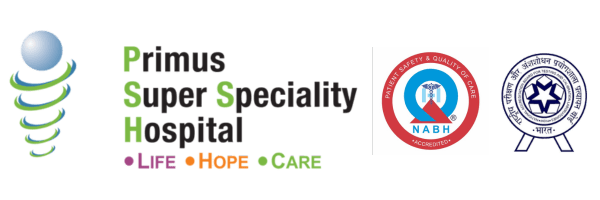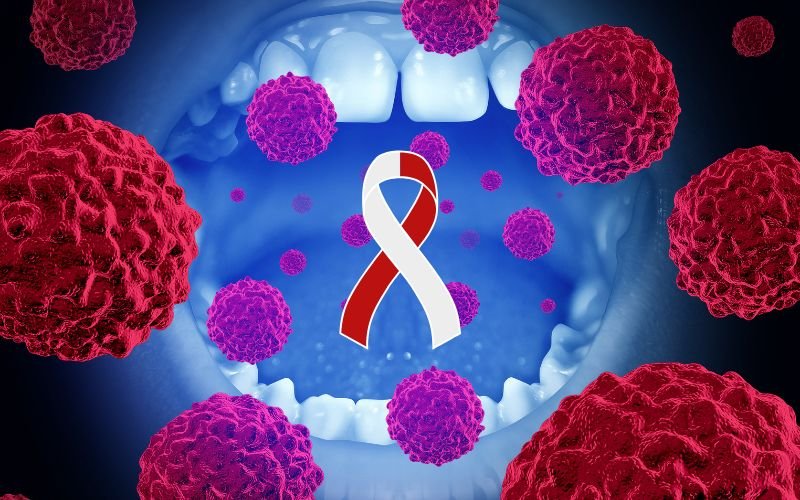Oral cancer is a disease that a cancer begins in the mouth. It may involve lips, tongue, gums, cheeks or roof and floor of the mouth. It is frequently found by doctors in smokers or tobacco chewers, and alcohol drinkers. Nevertheless it can be developed by anyone, not necessarily these habits
Stages of oral cancer are crucial in being able to treat it in time. A better outcome can generally be achieved before the progression of the disease. The disease may spread and recovery becomes difficult in case one does not treat the disease. This article describes every step starting with the first changes to the last symptoms of the oral cancer top stage
Oral Cancer Detection in Delhi
Cancers in the mouth can grow quietly. They may start as small sores or white patches. These are sometimes mistaken for simple ulcers. Yet, they can be early signs of tongue cancer symptoms.
Early detection allows a doctor to take out the cancer before it spreads. Routine dental checkups and screenings can lead to cancer being detected early. Getting the best oral cancer screening hospital can help save lives
Stages of Oral Cancer
Stage 0 – Carcinoma in Situ
Stage 0 is the earliest stage. It means abnormal cells are present but they have not spread deeper. These cells may become cancerous if not treated.
At this stage, symptoms may be absent. Some people may notice small painless patches or sores. Doctors usually detect this stage during routine mouth exams
Treatment often involves removing the abnormal cells. Recovery rates are high at this point.
Stage 1 – Early Growth without Spread
In Stage 1, the tumor is small. It is less than 2 centimetres across. It has not spread to lymph nodes or other body parts.
Symptoms may include:
- A persistent sore in the mouth
- A lump or thick area inside the cheek
- Difficulty moving the tongue
If caught now, mouth cancer treatment in Delhi often involves minor surgery. Some patients also receive radiation therapy to ensure all cancer cells are gone.
Stage 2 – Tumor Growth without Distant Spread
Stage 2 means the tumor is larger between 2 and 4 centimeters. It still has not reached the lymph nodes or distant organs
People may notice:
- Pain or discomfort while chewing
- A sore throat that doesn’t heal
- Slight changes in speech
Treatment may combine surgery and radiation. In some cases, chemotherapy is added to target remaining cells.
Stage 3 – Cancer Reaches Lymph Nodes
In Stage 3, the tumor can be any size. It has either spread to one lymph node or grown beyond 4 centimeters.
Common signs include:
- Persistent pain in the jaw or ear
- Noticeable swelling in the neck
- Difficulty swallowing solid foods
At this stage, buccal mucosa cancer and other oral cancers require aggressive treatment. Doctors may use surgery, radiation and chemotherapy together
Stage 4 – Advanced or Metastatic Cancer
Stage 4 is the most advanced. The tumor has spread to multiple lymph nodes or distant parts of the body like the lungs
Oral cancer last stage symptoms include:
- Severe pain in the mouth and face
- Difficulty speaking or eating
- Unexplained weight loss
- Bleeding from the mouth
Treatment focuses on slowing the spread, reducing pain and improving life quality. This may involve targeted therapy, advanced radiation and surgery where possible
Risk Factors You Should Know
While tobacco and alcohol use remain the main risks, other factors include:
- HPV infection
- Poor oral hygiene
- Weak immune system
- Long-term sun exposure (for lip cancer)
Avoiding these risk factors can help prevent cancer. Regular check-ups at a hospital for cancer treatment can detect problems early
How Oral Cancer is Diagnosed
Diagnosis starts with a physical exam. The doctor checks for sores, lumps or patches. If something suspicious is found an oral cancer biopsy in Delhi is done. Imaging tests like CT scans or MRIs help see if cancer has spread
Early diagnosis improves treatment success rates.
Oral Cancer Treatment in Delhi Stagewise
- Stage 0 and 1: Surgery or laser removal sometimes with radiation
- Stage 2 and 3: Surgery, radiation and chemotherapy
- Stage 4: Combination of surgery, advanced radiation, chemotherapy, targeted therapy and palliative care
For people in the capital oral cancer treatment in Delhi offers modern facilities and expert care
Life After Oral Cancer Treatment
Survivors may face challenges like difficulty speaking or eating. Rehabilitation programs help regain these skills. Follow-up visits ensure the cancer has not returned
Maintaining a healthy lifestyle reduces recurrence risk. Avoiding tobacco eating nutritious foods and keeping regular check-ups are essential
Learning the stages of oral cancer would enable people to take action in time. Prompt treatment is the one that can separate a complete remission and advanced sickness
Primus Hospitals is referred to as the superior hospital when it comes to oral cancer screening mouth cancer cure in Delhi. Our highly skilled staff applies high technology in the detection and treatment of cancer at any stage. Both a basic check-up and a complicated operation Primus assures personal treatment
Primus is an established hospital that can be trusted in cancer treatment with the assistance of competent doctors, advanced equipment and patient-centred approach. In case you observe anyone or yourself with any difficult symptoms of cancer seek screening and care on time by visiting Primus Hospitals













